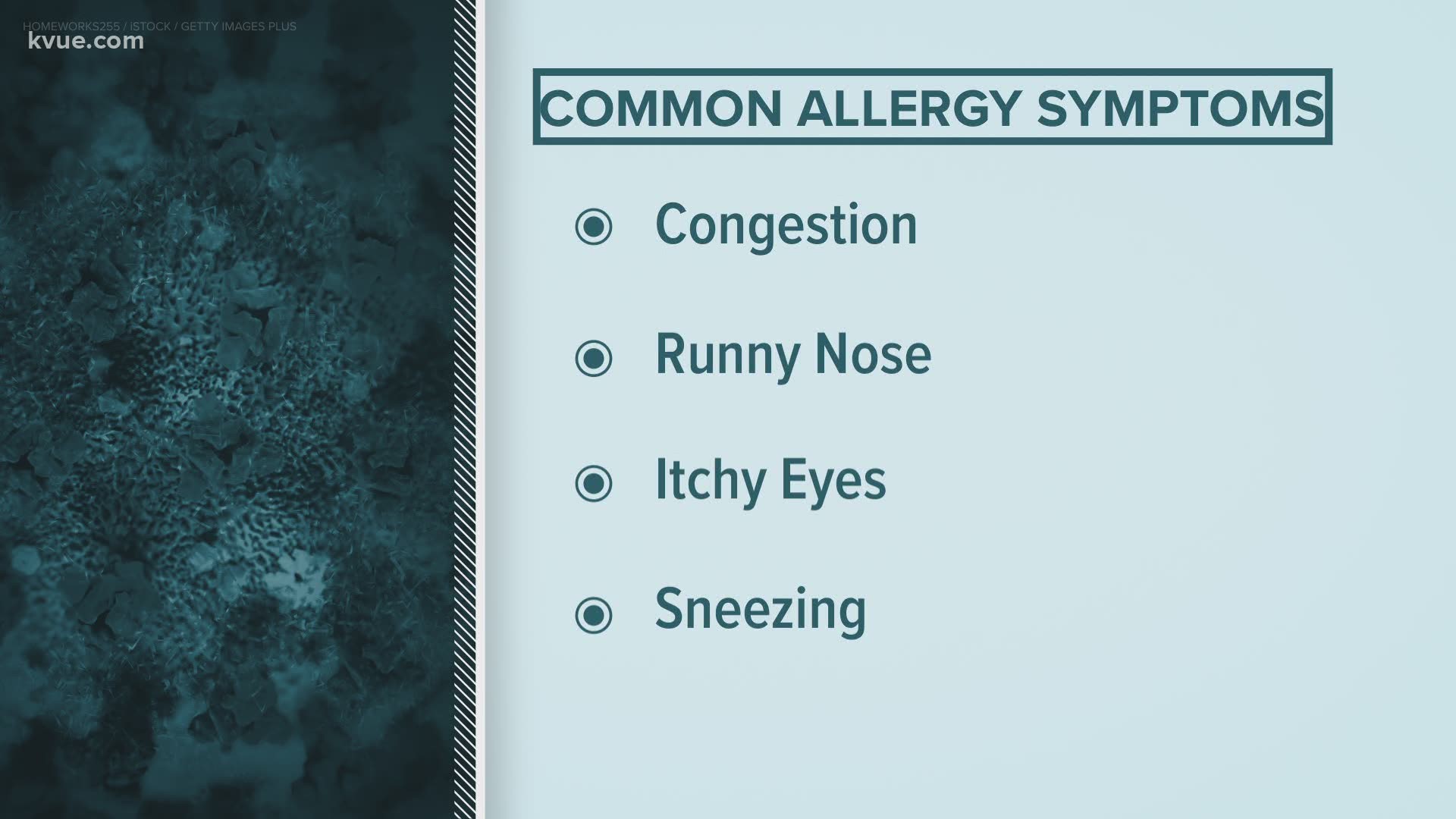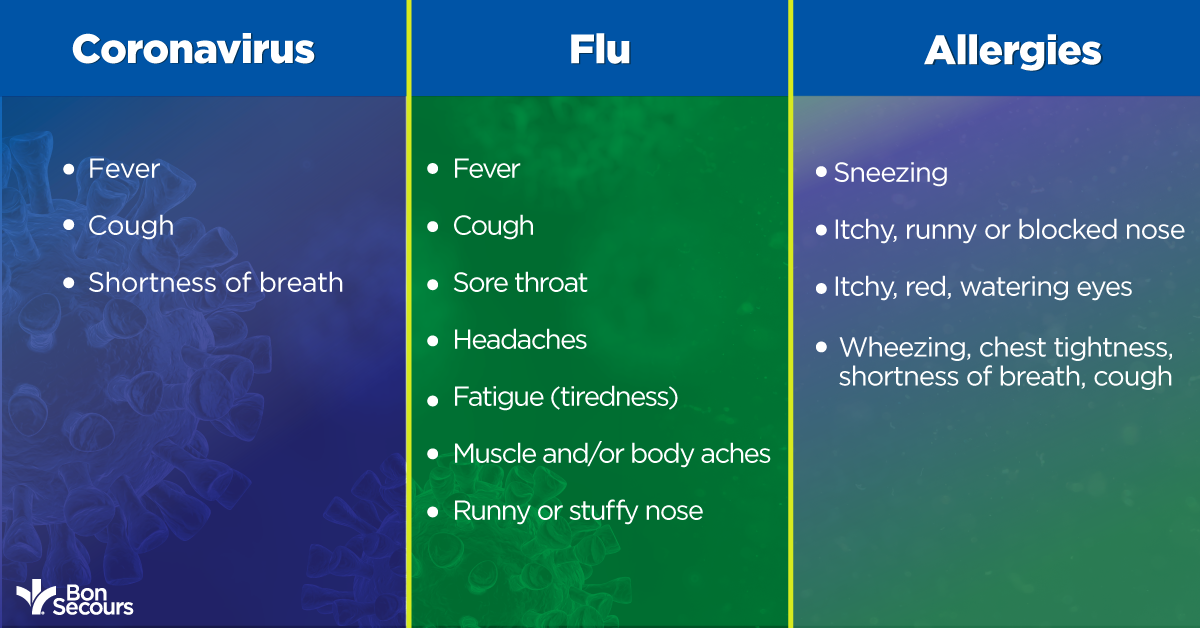

Often people with allergies have a history of seasonal allergies. Key Points to Determine Allergies or COVID-19 Infection Sneezes can spread disease, including COVID-19, through infectious aerosol droplets. Possible causes can include exposure to allergens, viral infections, exposure to bright light, sudden change in temperature, exposure to a breeze of cold air. The function of a sneeze is to expel mucous containing foreign particles or irritants and cleanse the nasal cavity. It is typically caused by foreign particles that irritate the nasal mucosa. Now you might be wondering: what exactly is a sneeze? Sneezing is a forceful expulsion of air from the lungs through the nose and mouth. Chan School of Public Health, King’s College London, Stanford University School of Medicine and the health app ZOE. The ZOE COVID Study is a joint effort created by researchers at Massachusetts General Hospital, the Harvard T.H. The study found that sneezing is the fourth most common reported symptom associated with omicron. The ZOE COVID Study found that sneezing is an increasingly common symptom of COVID-19. Common COVID-19 SymptomsĪlthough initially not thought to be a prominent COVID-19 symptom, it is often found in people with the omicron variant. If you are vaccinated and test positive for COVID-19, your symptoms are expected to be milder. It is important to note that if you have received the COVID-19 vaccine, it is still possible you can get COVID-19. Symptoms typically start between 2-14 days after exposure and usually resolve within ~14 days after onset, whether the symptoms are mild, moderate or severe. The coronavirus (COVID-19) is a viral illness that can be spread in ways that include coughing, sneezing, and close personal contact. Post-nasal drip (which can sometimes cause a mild sore throat). Medications can typically treat your symptoms and allergy immunotherapy (allergy shots) can often help patients find long-term relief. 
Allergies are caused by your immune system overreacting to normal things in your environment - such as pollen, dust, mold, pet dander - and are not contagious. In patients with asthma, allergies can cause a cough, wheeze and shortness of breath. AllergiesĪllergy symptoms range from mild to severe and can occur seasonally or be present year-long. COVID-19 symptoms vary broadly and can range from mild to severe. Most of the PCR tests for COVID-19 available in our community, as well as the rapid antigen tests, will detect the current circulating variants, including omicron.įor any non-emergency health concern, contact your physician or visit an urgent care center where doctors can examine you and determine the best treatment. Monoclonal antibody treatment can be effective, but only if COVID-19 is detected early through a COVID-19 test. Symptoms of COVID-19 infections can now range from asymptomatic to mild upper or lower respiratory symptoms, to severe pneumonia.Įarly testing is advised if there is any suspicion of SARS Cov2/COVID-19 infection. In addition, people who are vaccinated but have a breakthrough infection, may experience different symptoms than those who are not vaccinated. The range of symptoms for COVID-19 is quite broad, based on different variants.

Corona virus symptoms vs allergies how to#
In today's world, with every sneeze, cough or tickle in the throat, many people wonder: Do I have COVID-19? For the millions of allergy suffers around the country, this question becomes a little more complex - allergies or COVID-19 (also known as the coronavirus), or perhaps a cold or the flu? Following are ways to tell if you are suffering from allergies, a cold or the flu, or if you should call you physician and get tested for COVID-19.Īlso, below is a podcast with Sara Narayan, MD, allergy and immunology specialist, discussing how to tell the difference between allergies and COVID-19.







 0 kommentar(er)
0 kommentar(er)
